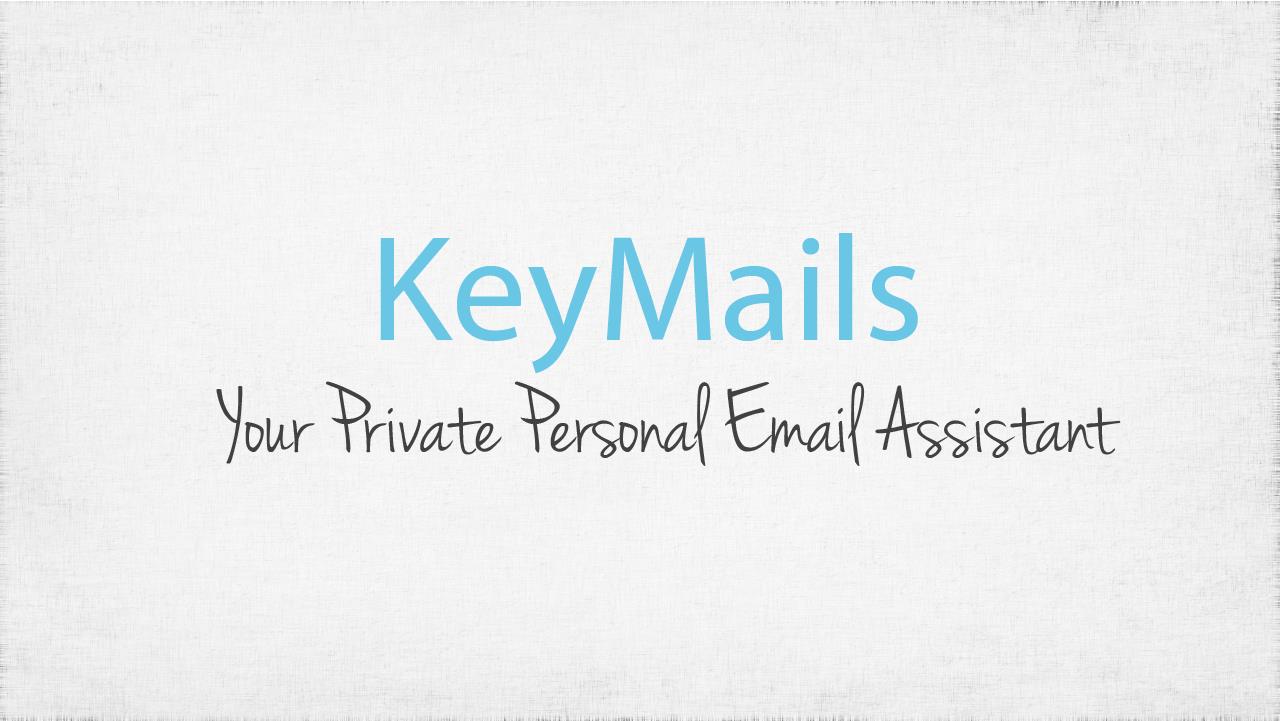Innovation comes from myriad sources – in this case Niraj and his team has come up with an innovative product to tackle the common organizational challenges of email overload (often leading to lowered productivity) and lack of easy cross-functional collaboration tools. In this article, we speak to Niraj, Co-Founder of Grexit about his background, motivation to start-up, and his experience and learnings from his startup journey.
PN: Brief Introduction of Co-founders, their background
Niraj – B.Tech in electronics from IIT Kharagpur, 2002 batch, initially worked with Mentor Graphics writing compilers in C/C++ till 2007. Then he started his first venture mobicules.com – which ended up being a 30 people services firm building apps for customers mostly in the US. In early 2011, Niraj moved on to start GrexIt.
Nitesh – B.Tech in CSE from IIT Kharagpur, 2007 batch was first employee to join Niraj’s last venture mobicules.com right out of college. Nitesh started GrexIt together with Niraj as a co-founder in early 2011.
PN: Niraj recalls about his motivation to address the challenges in workplace-collaboration
“Collaborating effectively with the team and with customers was a problem that we had faced right from our days running our previous venture. While we had used a lot of collaboration tools, getting everyone to adopt to tools was a challenge. The communication was all on email, and we thought what if we can build a system that lets team stay in email and still work efficiently without any confusion.”
That led to the first iteration of GrexIt. It was tool that would let users save email conversations into a shared email repository. It was a great way to store information about projects, customers, job applicants etc. in a central place.
PN: One of the essentials while starting up is having a strong founding team – the one rightly aligned with addressing the problem in hand. Niraj shares his thoughts on his founding-team and initial days of the product.
Nitesh and I had worked together for 3.5 years when we decided to use GrexIt, and we felt we could work very well. So putting together the founding team was not a problem at all. We also joined the Morpheus accelerator, and we got a lot of friendly advice from the people at Morpheus. We just focused on building a high quality product that worked flawlessly. We were hardly thinking of anything else.
We raised a round of investment from Citrix Startup Accelerator and Vijay Shekhar Sharma in late 2011. That helped us go faster on the product. In mid 2012, with a deeper understanding of the market, we pivoted to our current product, started charging for it, and started getting customers.
PN: In the software product startups, technology is the quintessential central-brain in the startup. Niraj speaks on the importance of tech and the critical-role it plays in his startup.
Tech is the lifeblood of our business. Our 6 people team, including founders, is all tech oriented. Our product helps businesses run on a day to day basis, because it helps them manage projects, customer support etc., and so it is very critical for them. Having a strong tech team is important to ensure that the product keeps working and scaling well.
We have been able to attract a very good team, mostly because we have the kind of work that would excite good programmers, and because we have received very good international coverage. We also make sure that we have a work environment that gives talented people the opportunity to do their best. We have no fixed timings, you can work from anywhere you want, and we don’t have a leave policy which means we don’t restrict the number of leaves you take. We have learnt that putting faith in your employees creates reciprocal goodwill too.
As I mentioned earlier, our product version 1 which we released in 2011 was a system that would let users move email conversations into a shared repository. We started getting paying customers for this in mid 2012, but then we figured out that instead of letting users create knowledge bases, we need to build something that will help them completely solve business problems like customer support and project management.
That led us to our current set of functionality, and when released that in 2012, we started getting new users for this rapidly. That was a strong signal for us to pivot to the new functionality.
PN: Neeraj speaks on marketing the product, getting initial customers and on-boarding them with the product:
We started getting initial customers through Google organic search and from the Google Apps marketplace. As it turned out, what we had built had a very good fit with a certain segment of users who were looking for collaborative solutions on top of Gmail. They could discover us easily through search, and started signing up for trials.
We worked hard on engaging them through email and our chat support. User feedback helped us a lot in fine-tuning and improving our product. By the start of 2013, we had a very strong product, mostly because we got excellent feedback, and worked on executing it fast.
PN: Scaling up – “Don’t add programmers – add servers“
We have a saying at GrexIt – “Don’t add programmers – add servers”.
We have been able to support the growth in customers base by scaling and enhancing the product without increasing our team size much. We recently launched another product – Mailflo.io – based on our learnings from GrexIt, and we still have enough bandwidth to maintain and enhance two products.
Going forward, we plan to keep our dev team extremely lean, and hire mostly in sales and marketing profile.
PN: Niraj speaks on current challenges and how the team is successfully tackling those challenges.
In first year – getting users to sign up, engaging them, getting feedback, and iterating fast enough. And – being able to deal with the frustration when not enough users were coming in and we were feeling as if we were in a vacuum.
Now – Scaling the customer base. Hiring a high quality marketing team that can do world class inbound marketing. We also provide free trials (through our online page) so that customers can try out the product once before making the purchase
PN: Niraj shares his view on one thing about his startup which he wished, should had been done differently in past
In 2011, we spent a good amount of time trying to sell to very large organisations locally, ran into a lot of roadblocks, and lost a lot of time. If I were to do it again, I’d focus from day one on selling to SMEs globally, and not to large organisations locally. The dynamics of SAAS are very suited to selling to SMEs globally, and every SAAS company should work on cracking this piece of the market first, IMHO.
PN: Neeraj shares his views on ecosystem in India and the changes he looks forward to.
Since we started, the ecosystem has evolved a lot. There are lots of SAAS/cloud startups around trying to sell globally. That’s heartening. Its also great to see a lot of seed/angel rounds happening.





